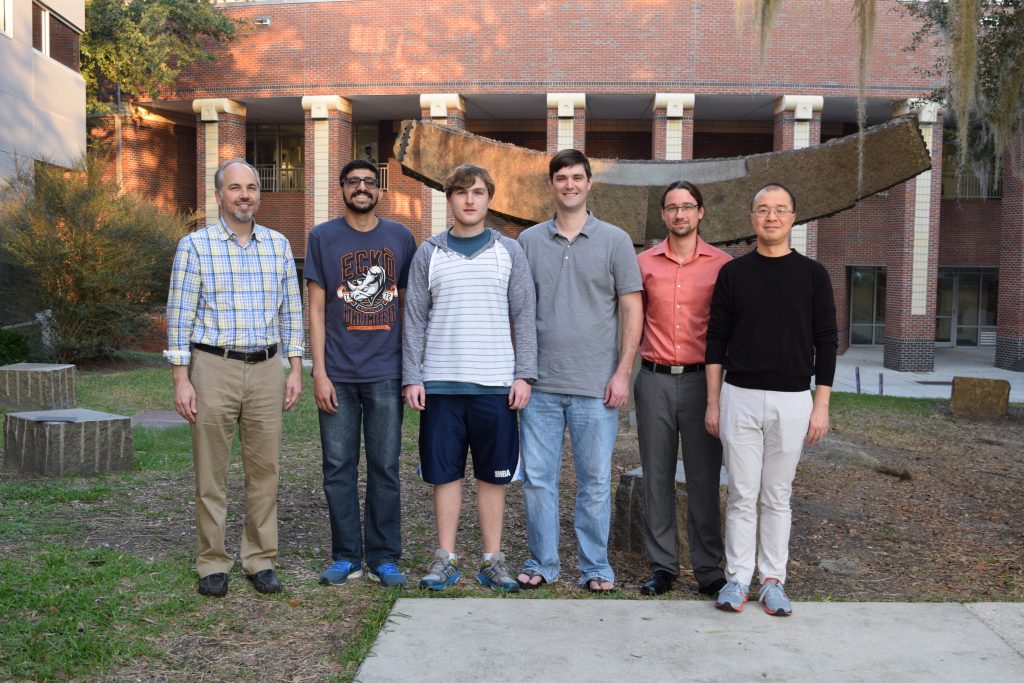One of the most challenging issues in wireless communications today is spectrum access and management. As more and more wireless devices are brought online, competition for spectrum access intensifies. It has become clear that new paradigms beyond existing spectrum access strategies are needed to cope with the exploding demand for spectrum. Searching for a way to apply artificial intelligence to the problem of wireless spectrum access, the Defense Advanced Research Projects Agency (DARPA) created the SC2, the Spectrum Collaboration Challenge.
Competitors from around the world came together this month for the preliminary round of DARPA’s Spectrum Collaboration Challenge (SC2) at The Johns Hopkins University Applied Physics Laboratory (APL) in Laurel, MD. This was the first event of the three-year long tournament designed to generate new wireless paradigms and access strategies in which radio networks enhanced with artificial intelligence (AI) will autonomously collaborate and reason about how to share the increasingly congested electromagnetic (EM) spectrum. Months of development and hundreds of scrimmage hours paid off for 10 teams, who each walked away from the December 13 event with $750,000 in prize money. The winning teams demonstrated software defined radio (SDR) designs that were most effective at collaborating with competing radio designs to jointly optimize spectrum usage.

The ECE Florida GatorWings team, comprised of Dr. John Shea, Dr. Tan Wong, and their students, placed in the top ten and received a check for $750,000 for their efforts. The prize money will be used to help prepare for the second preliminary event, which will be held in December 2018.
More information is available at the DARPA website and in the video below.

